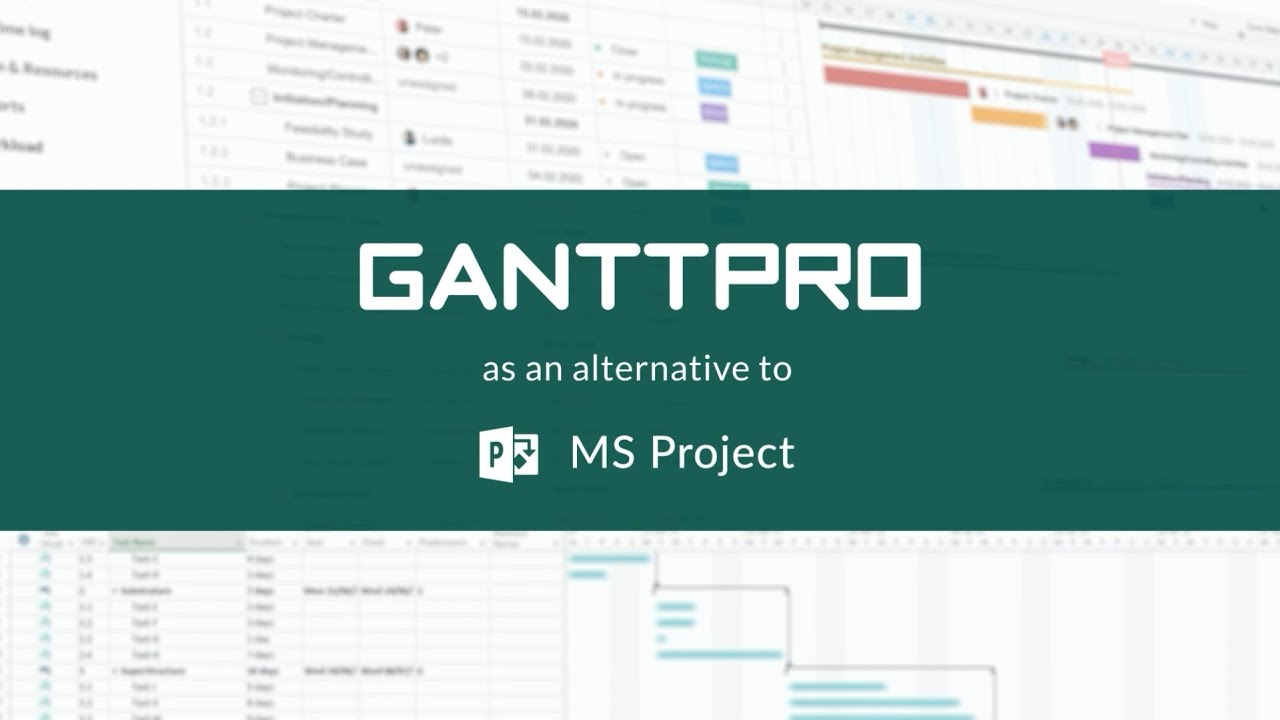Cost Management Supports Project Business Case Analysis and Value Creation
Cost management is crucial for project success, as it supports the business case analysis and value creation. By aligning project expenditures with the project goals, cost management can help ensure that the project delivers the desired benefits and creates value for the organization. In this article, we’ll explore how cost management supports project business case analysis and value creation, including:
- Understanding the business case and project goals
- Forecasting and budgeting
- Controlling costs during project execution
- Analyzing project costs to support decision-making
- Realizing project benefits and creating value
Understanding the Business Case and Project Goals
The first step in cost management is to understand the business case and project goals. The business case outlines the reasons for embarking on the project and the expected benefits, while the project goals specify what the project will deliver. Both the business case and project goals should be clearly defined and communicated to all stakeholders.
A Gantt chart can help visualize the project timeline and the inter-dependencies between tasks, making it easier to understand the project scope and progress. There are various online Gantt chart software available, such as GanttPRO, Microsoft Project, Wrike, ClickUp, Monday.com, Smartsheet, and others, that can help manage project costs and schedule effectively.
“If you don’t know where you’re going, you’ll end up somewhere else.” - Yogi Berra
It’s essential to have a clear understanding of the business case and project goals to ensure that project costs are aligned with the project objectives. This way, organizations can avoid unnecessary expenditures and focus their resources on delivering the desired benefits.
Forecasting and Budgeting
Forecasting and budgeting are key components of cost management, as they help organizations estimate project costs and allocate resources effectively. Forecasting is the process of estimating future costs based on historical data, while budgeting is the process of allocating resources to specific project activities.
A well-constructed budget provides a roadmap for project execution and helps ensure that costs are kept under control. It’s crucial to establish a budget before the project starts, as this will provide a baseline for measuring project performance and controlling costs.
“The budget is not just a collection of numbers, but an expression of our values and aspirations.” - Jacob Lew
The budget should be reviewed regularly to ensure that it remains accurate and relevant to the project goals. Regular budget reviews also help identify potential cost overruns and take corrective action before they become significant.
Controlling Costs During Project Execution
Once the project has started, cost management becomes even more critical, as organizations must control costs to ensure that the project stays on track. Cost control involves monitoring project expenditures and comparing them to the budget to detect any variances.
If a variance is detected, organizations must take action to bring the project back in line with the budget. This may involve renegotiating contracts, re-allocating resources, or revising the project scope. Effective cost control requires continuous monitoring and regular review of project expenditures.
“You can’t manage what you don’t measure.” - Peter Drucker
Effective cost control also requires collaboration between project stakeholders, including project managers, financial managers, and project teams. By working together, organizations can ensure that costs are kept under control and that the project stays aligned with the project goals.
Analyzing Project Costs to Support Decision-Making
Cost management also supports decision-making by providing accurate and relevant information about project costs. This information can be used to make informed decisions about the project, including whether to continue with the project, modify the project scope, or terminate the project.
Organizations must regularly analyze project costs to ensure that they are aligned with the project goals and that the project is delivering the expected benefits. Cost analysis can also help organizations identify opportunities to reduce project costs and improve project efficiency.
“The best time to plant a tree was 20 years ago. The second best time is now.” - Chinese Proverb
By analyzing project costs and using the information to make informed decisions, organizations can ensure that projects are delivered effectively and create value for the organization.
Realizing Project Benefits and Creating Value
The final stage of cost management is to realize the project benefits and create value for the organization. The project benefits should be identified and quantified in the business case, and organizations must ensure that they are deliveredas expected. Cost management can help organizations ensure that they are getting the best value for their investment.
By tracking project costs and comparing them to the budget, organizations can ensure that they are getting the best value for their investment. This information can be used to make informed decisions about the project and to identify areas for improvement.
“The purpose of business is to create and keep a customer.” - Peter F. Drucker
In conclusion, cost management is a crucial aspect of project success, as it supports the business case analysis and value creation. By understanding the business case and project goals, forecasting and budgeting, controlling costs during project execution, analyzing project costs to support decision-making, and realizing project benefits and creating value, organizations can ensure that their projects are delivered effectively and that they get the best value for their investment.

